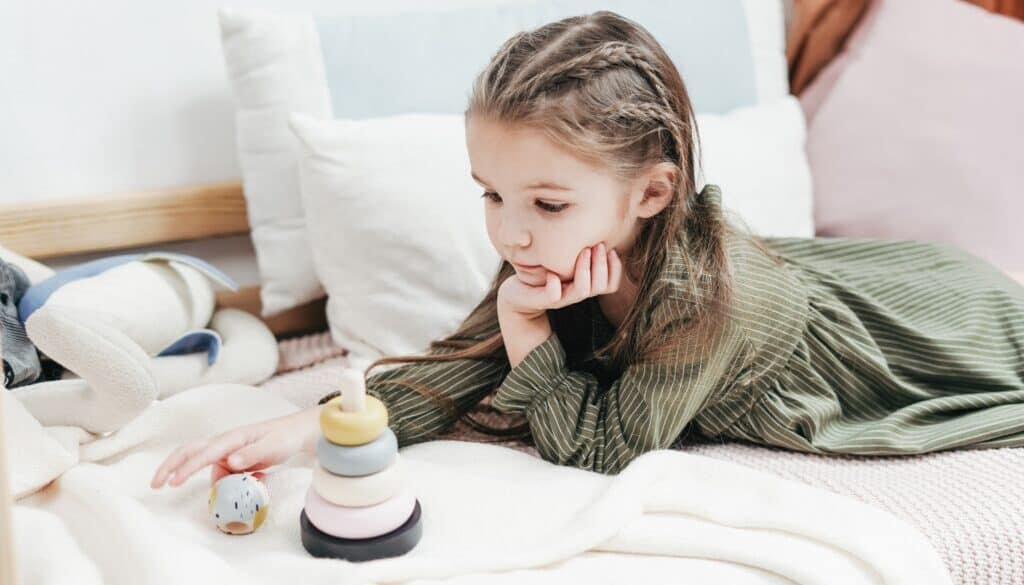Don’t use bed or an early night as a punishment
One thing we aim for when we start any gentle sleep training program is to teach children independence, confidence and the ability to develop good sleep habits for life. This is why we spend time comforting, assuring and soothing. This is why we respond to our child’s needs and feed into their self-esteem with positive affirmations. This is why we parent intuitively and are keen to nurture confidence in ourselves and them. One thing that helps with building these lifelong habits for good sleep is to create a positive attitude around sleep, which starts in the bedroom.

Don’t use bedtime as a punishment
As your child gets older and naturally starts to push boundaries, behaviour can become an issue, and it can be really tempting to threaten with an early bedtime. This is probably one of the worst things that you can do! If your child starts to see bedtime as a punishment, they will start to wonder why you expect them to sleep alone every night, even when they have behaved well. It’s important to develop and foster a positive attitude toward sleep from the very beginning and to ensure that your child views the bedroom as a positive place too. If you need to use time out as a behaviour management tool, ensure it takes place away from the bedroom, and never use bedtime as a punishment.
Allow your child time to play.
When your child is very young, introducing the bedroom as a positive place to play is an excellent way to ensure that your child builds a positive reaction to bedtime and sleep. As it’s recommended that babies sleep in the same room as their parents for at least the first six months, this is especially important and a great way to transition to sleeping in their room whenever you’re ready to make the move.
Start by allowing your child to spend time in the crib with toys while you busy yourself tidying or sorting laundry (whatever the chore!) in the same room. Talk to your child, sing songs and maintain eye contact so that the entire experience is positive. Make sure your child is aware that being in the bedroom is a positive thing, and try to avoid leaving them there upset. Be on hand to constantly reassure and comfort if needed.





